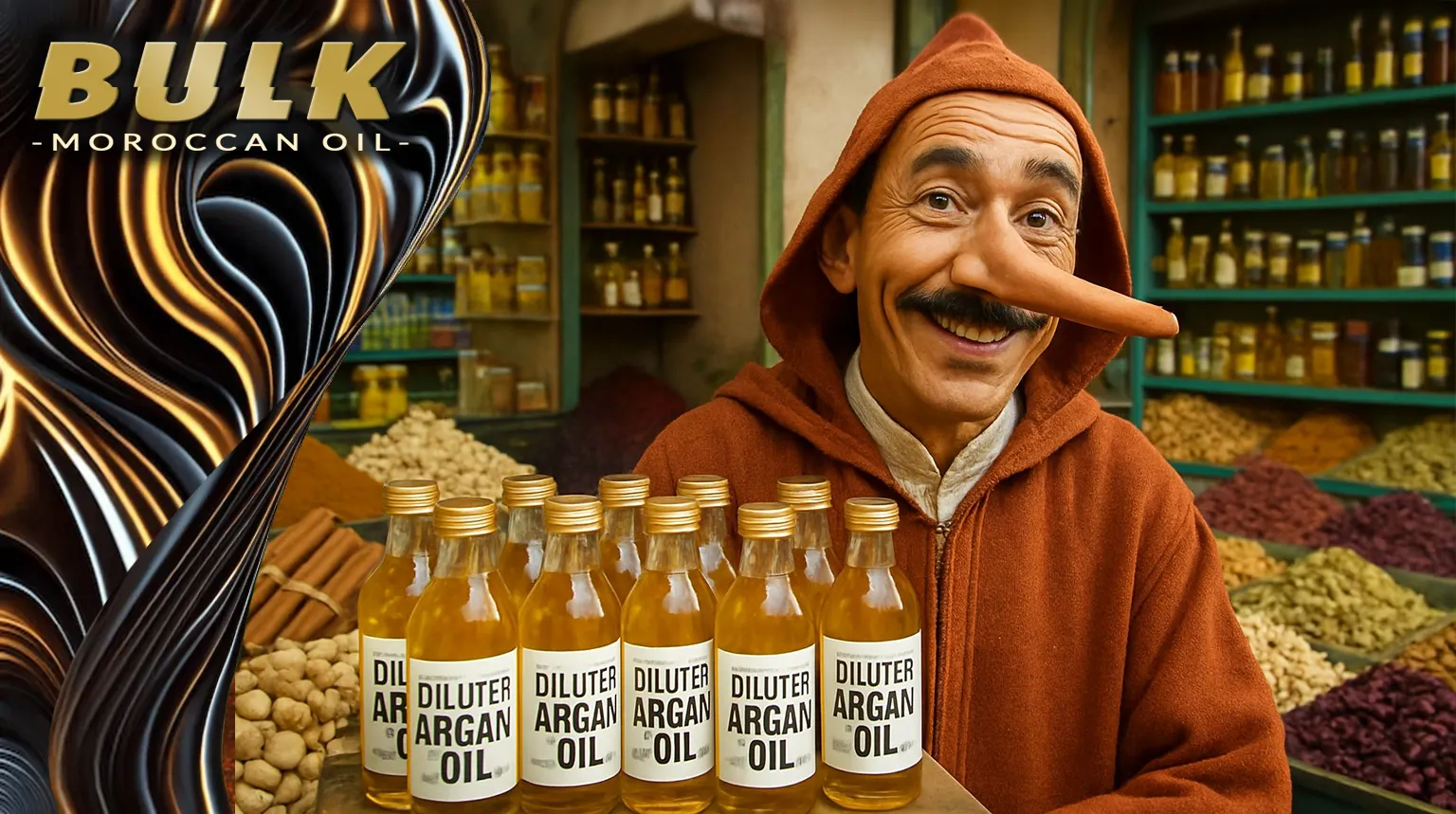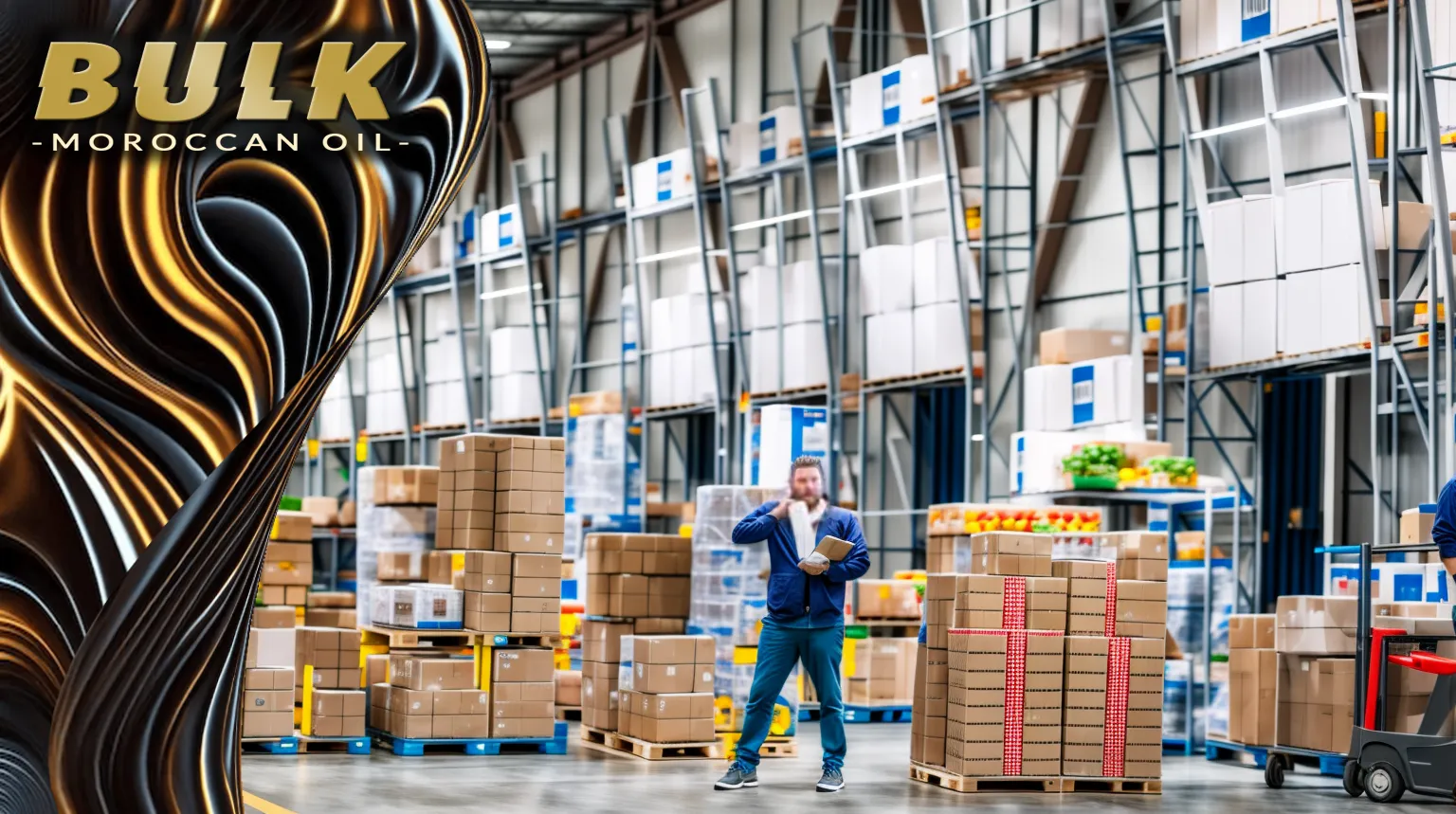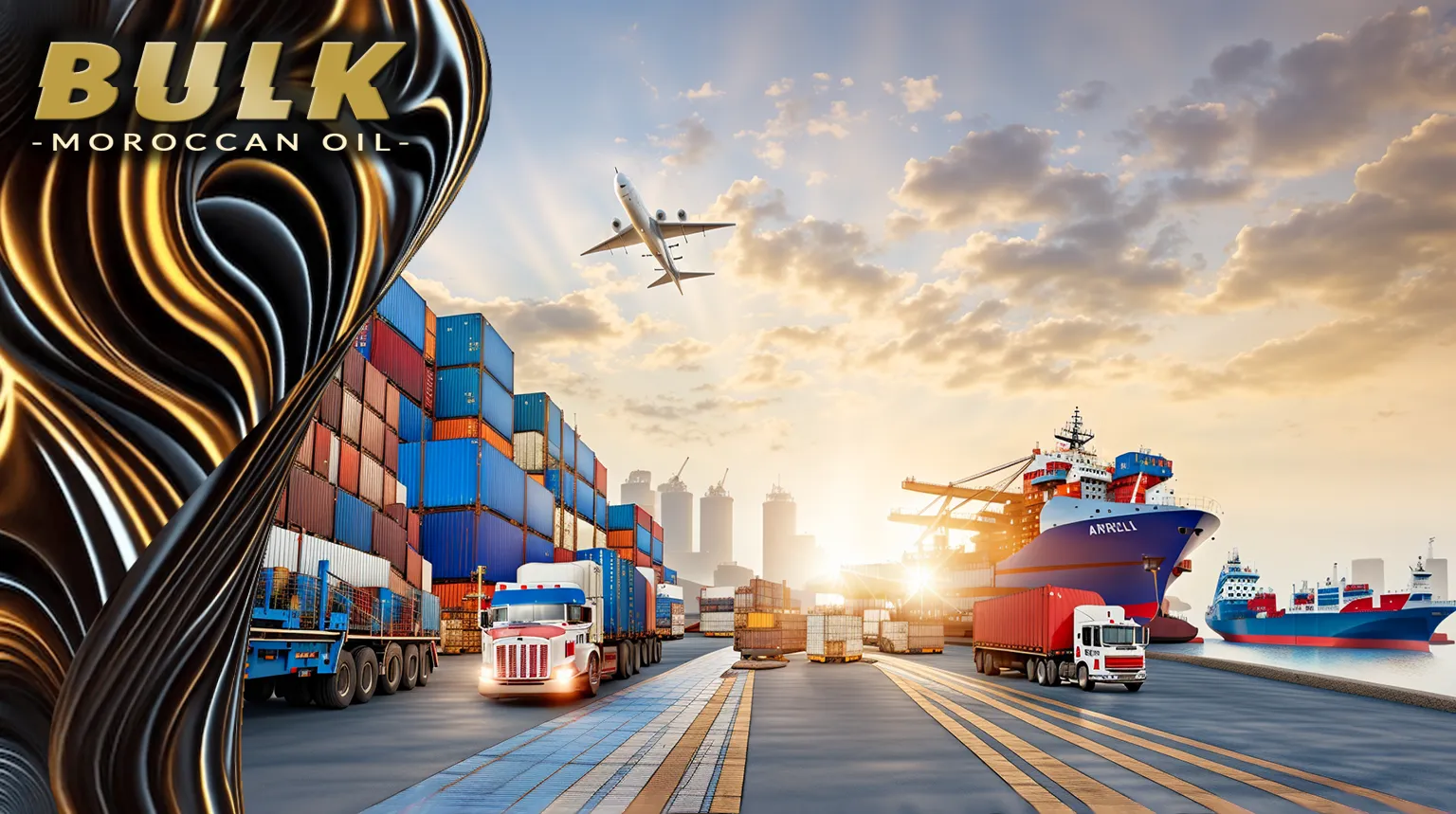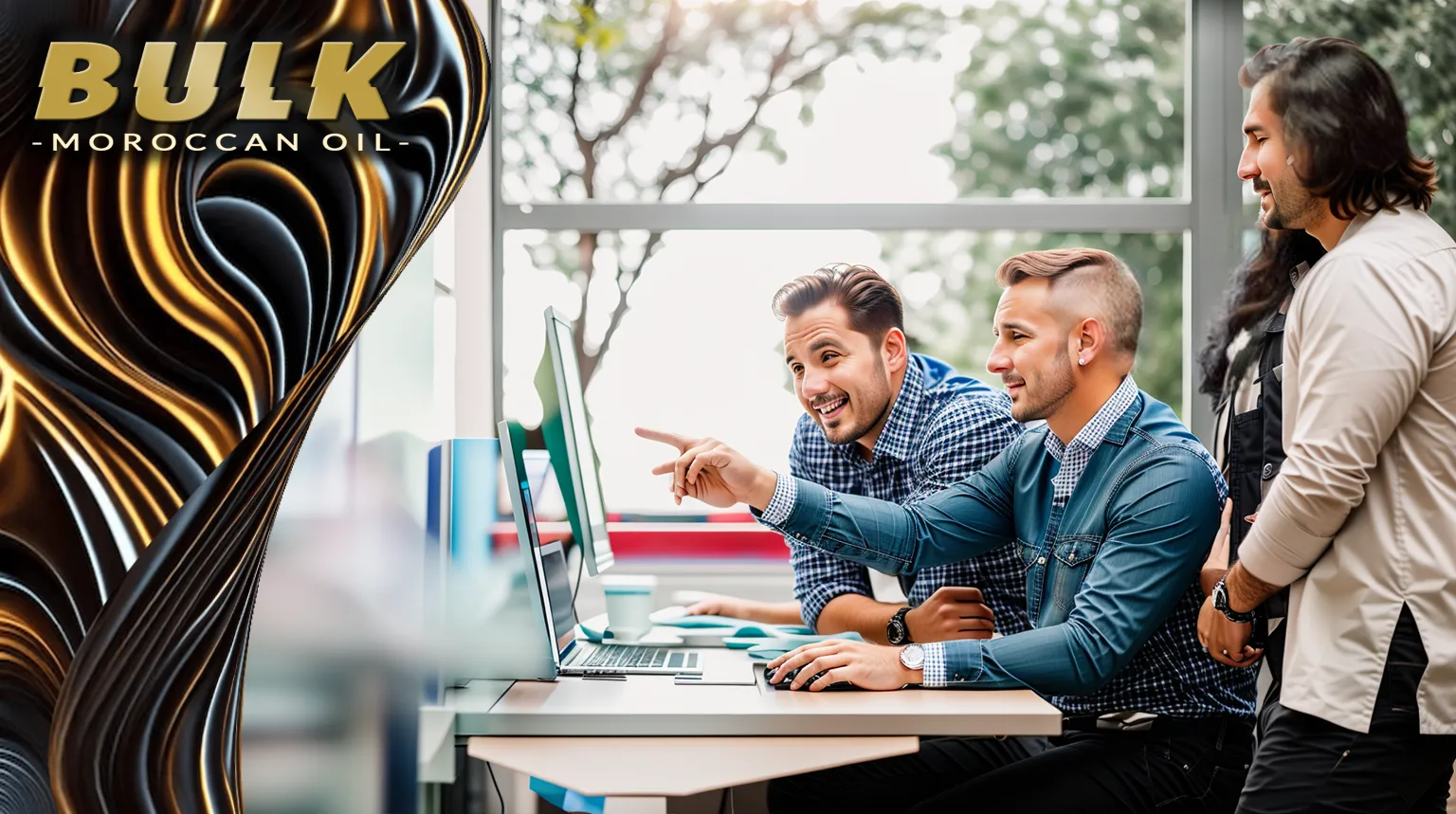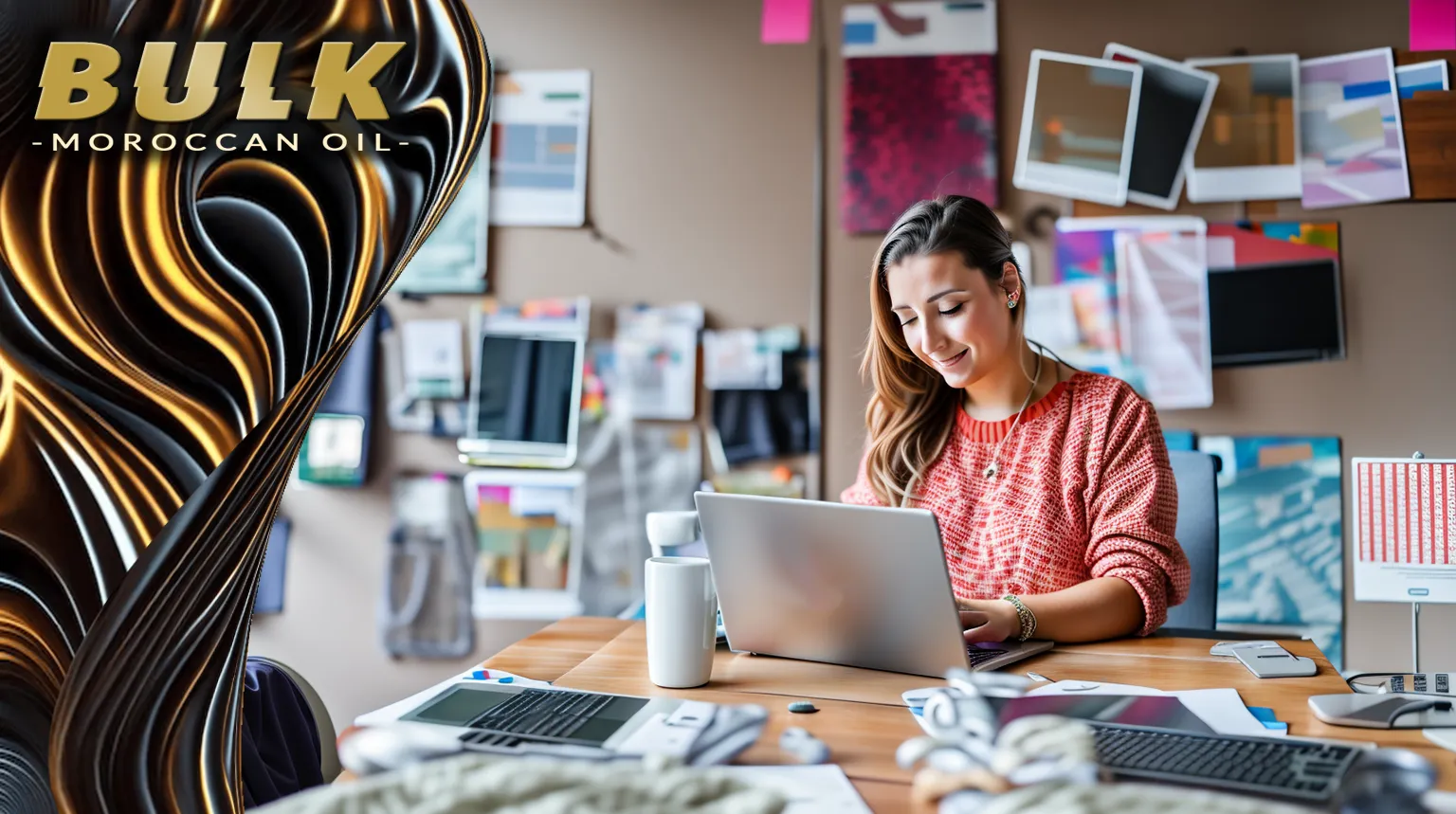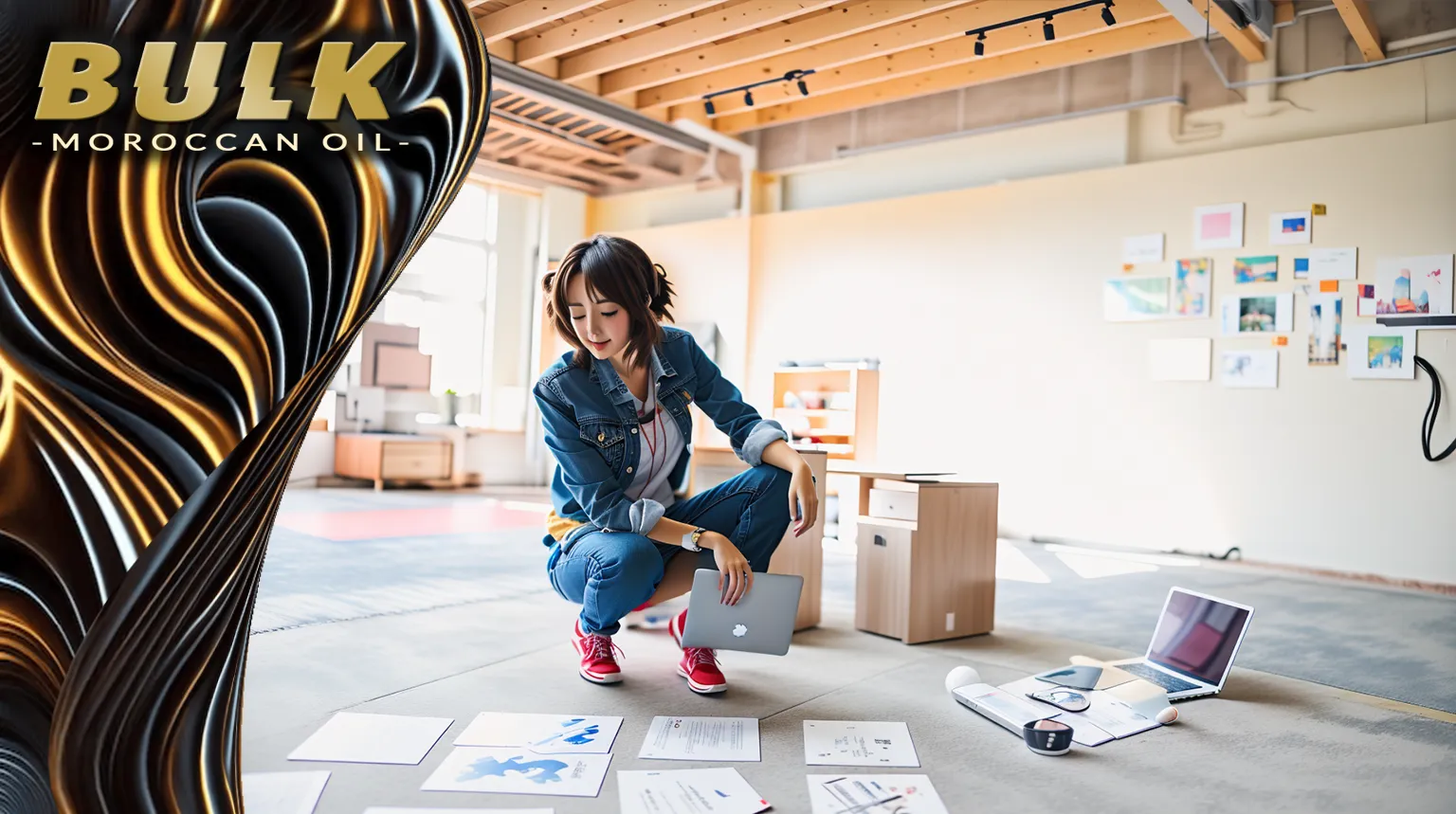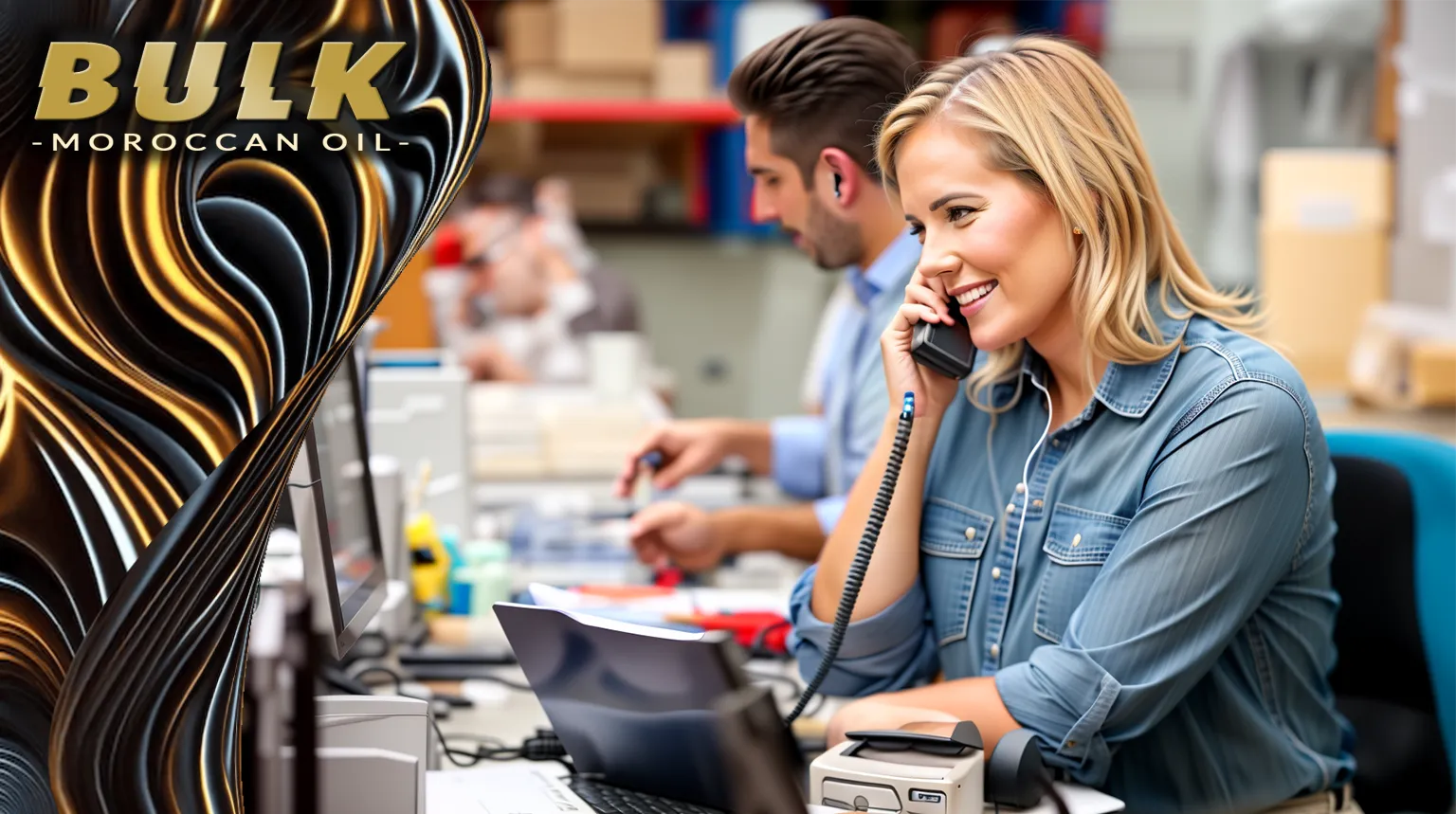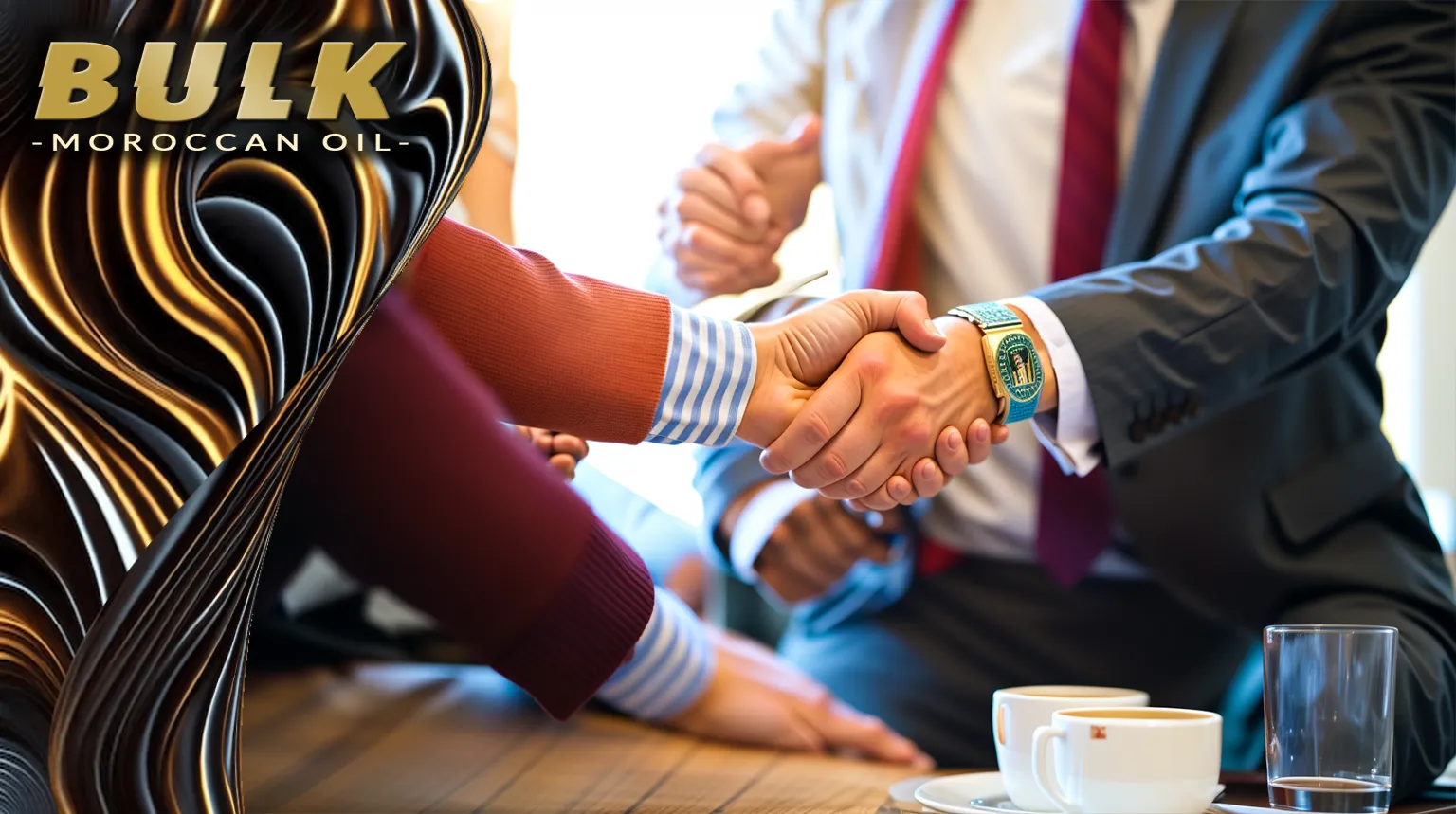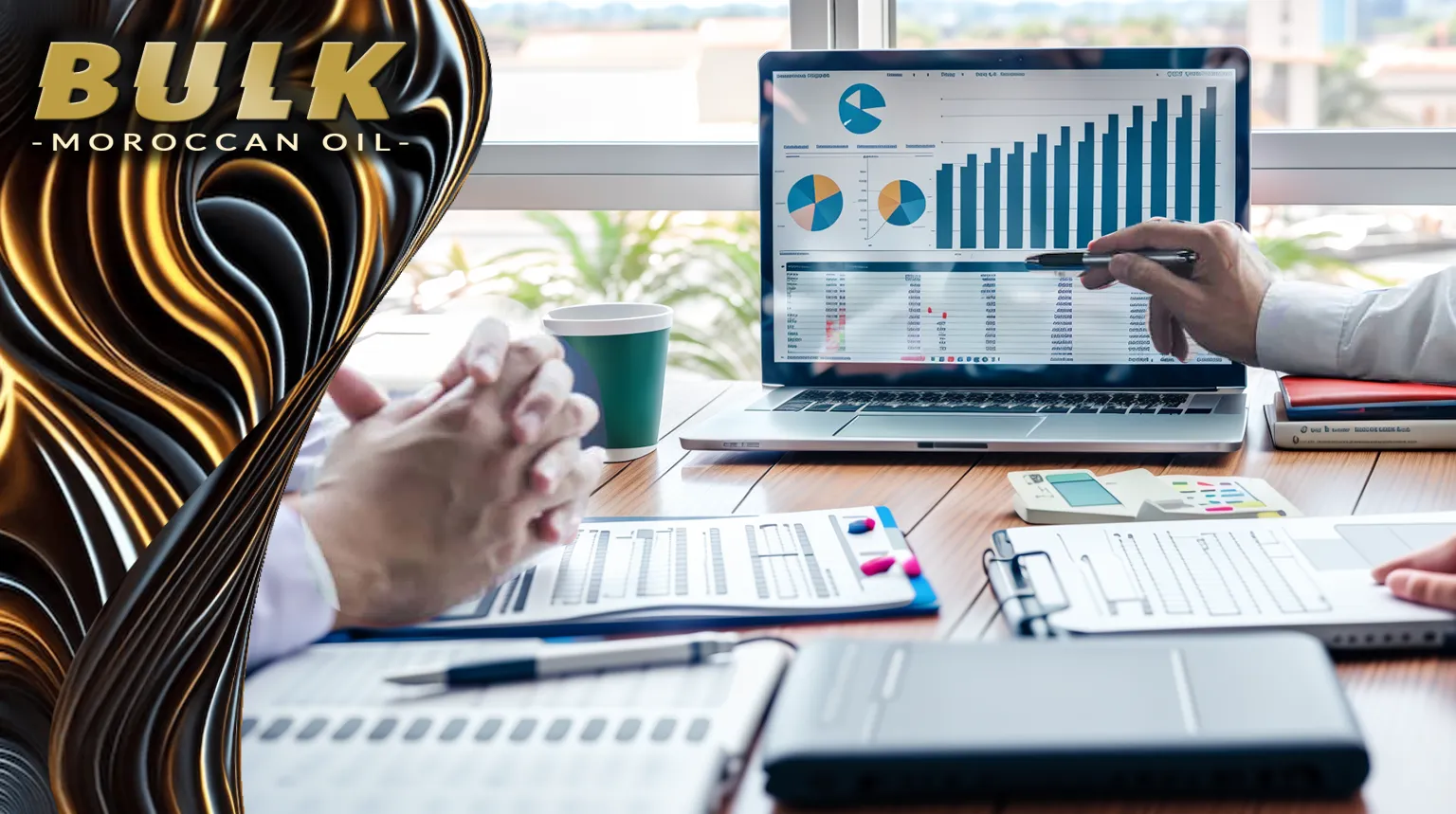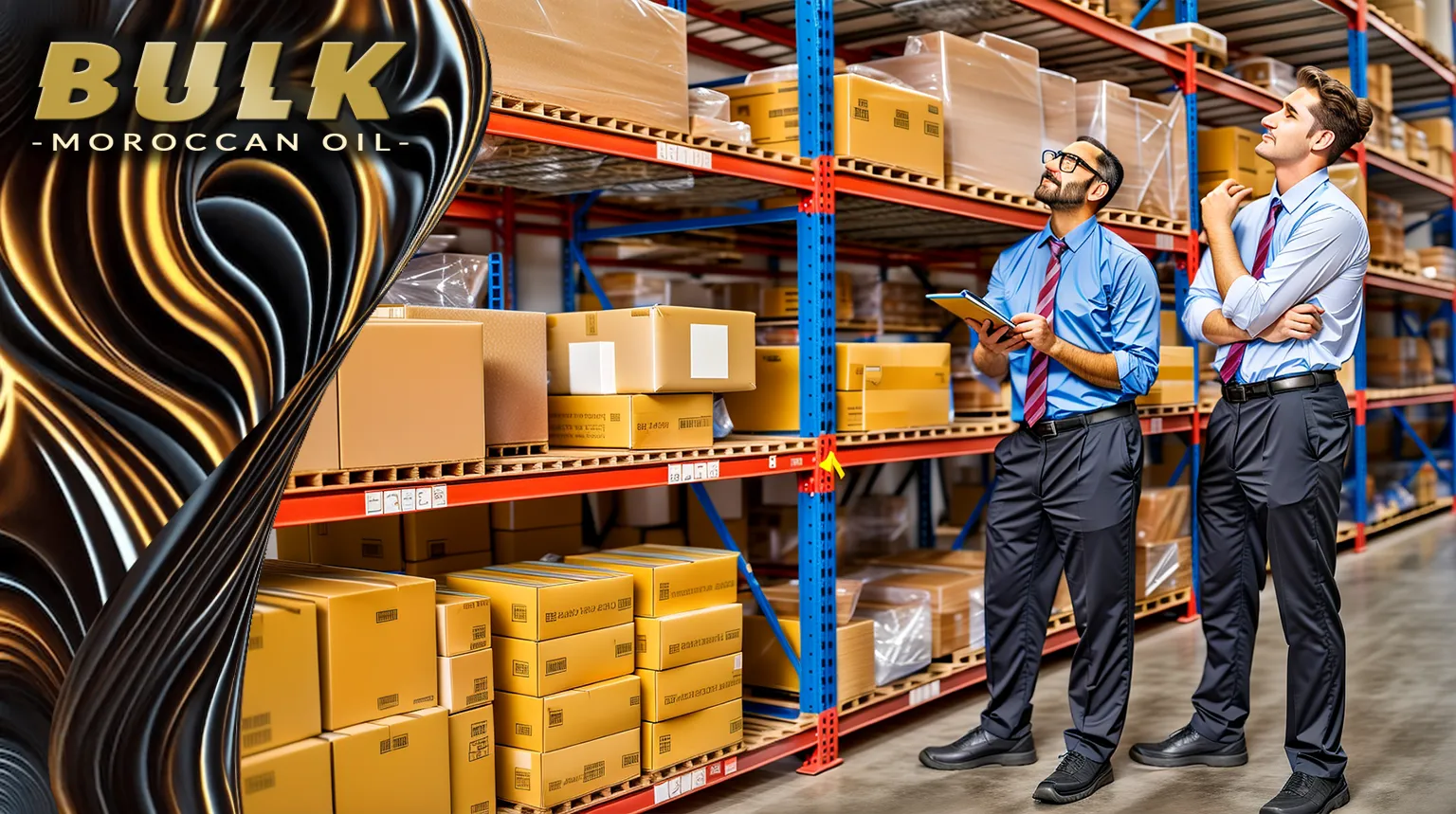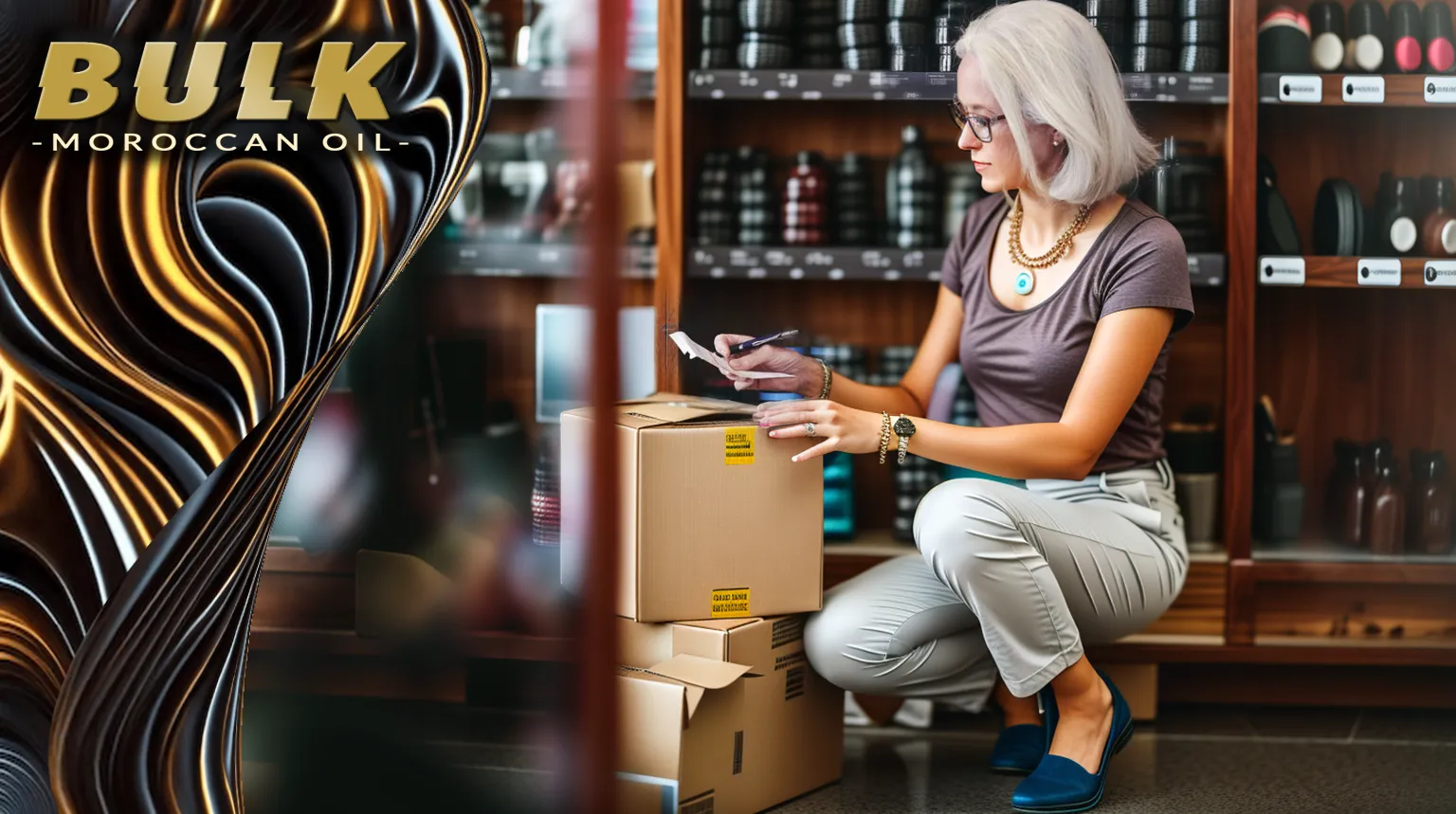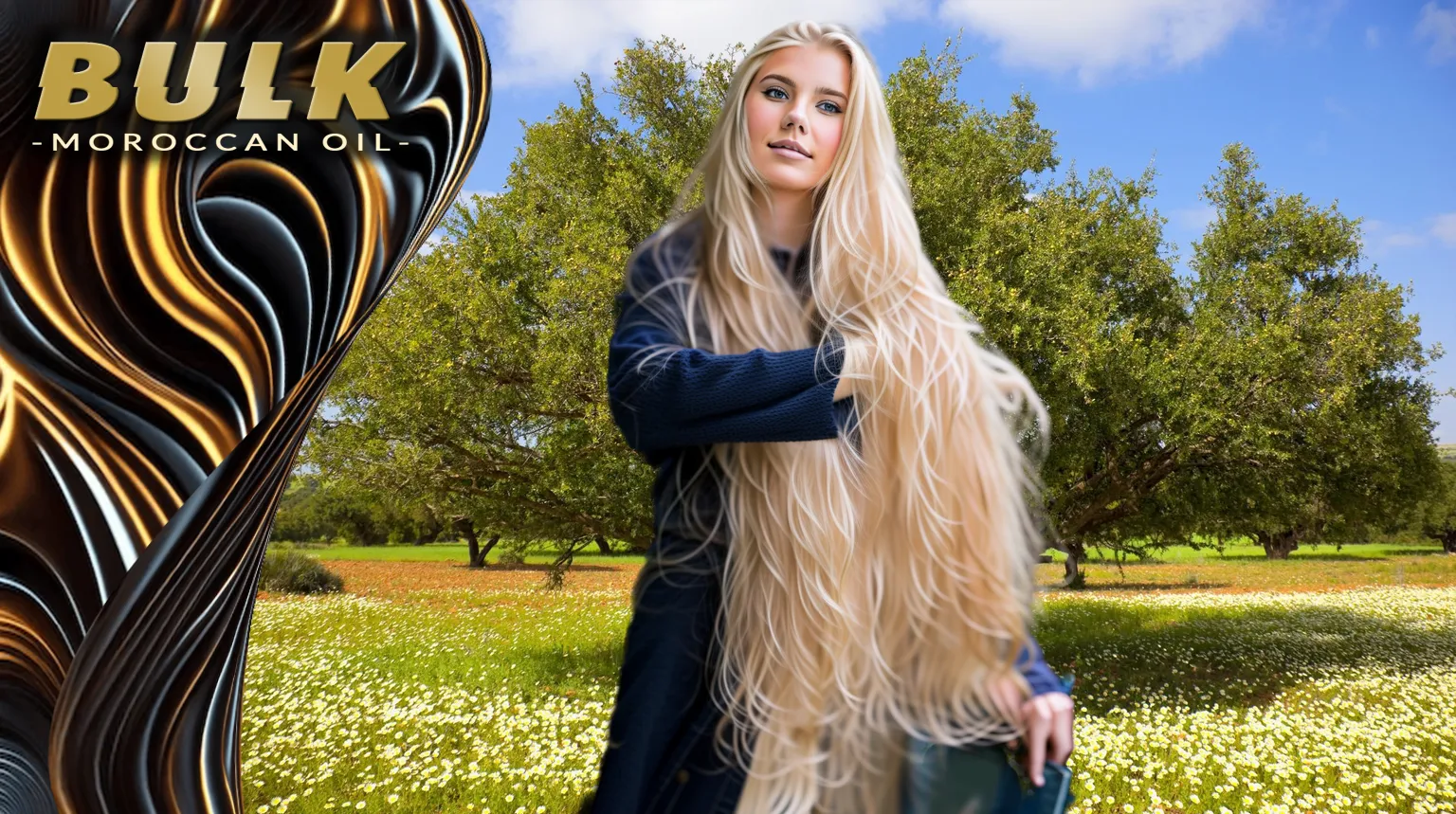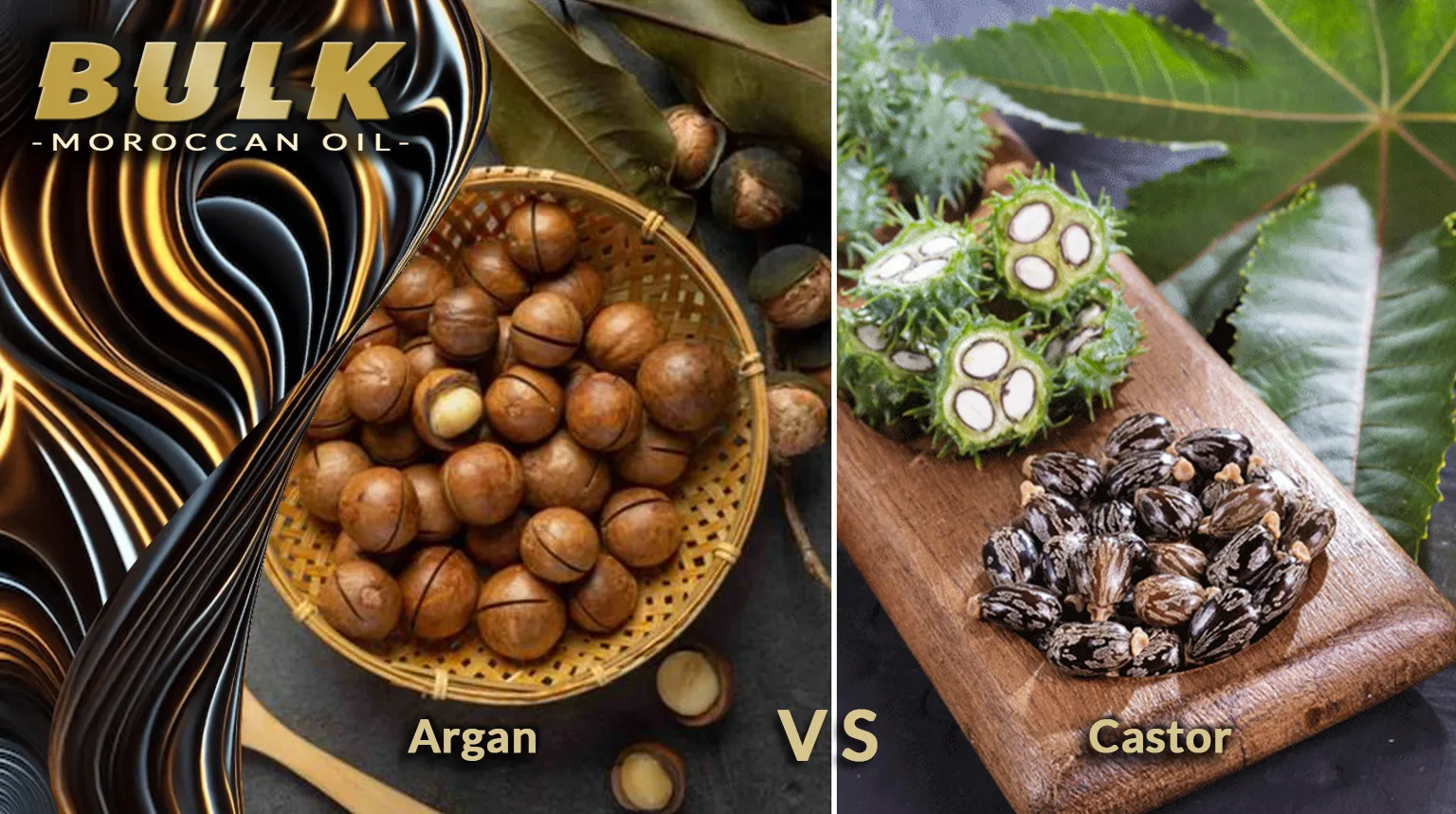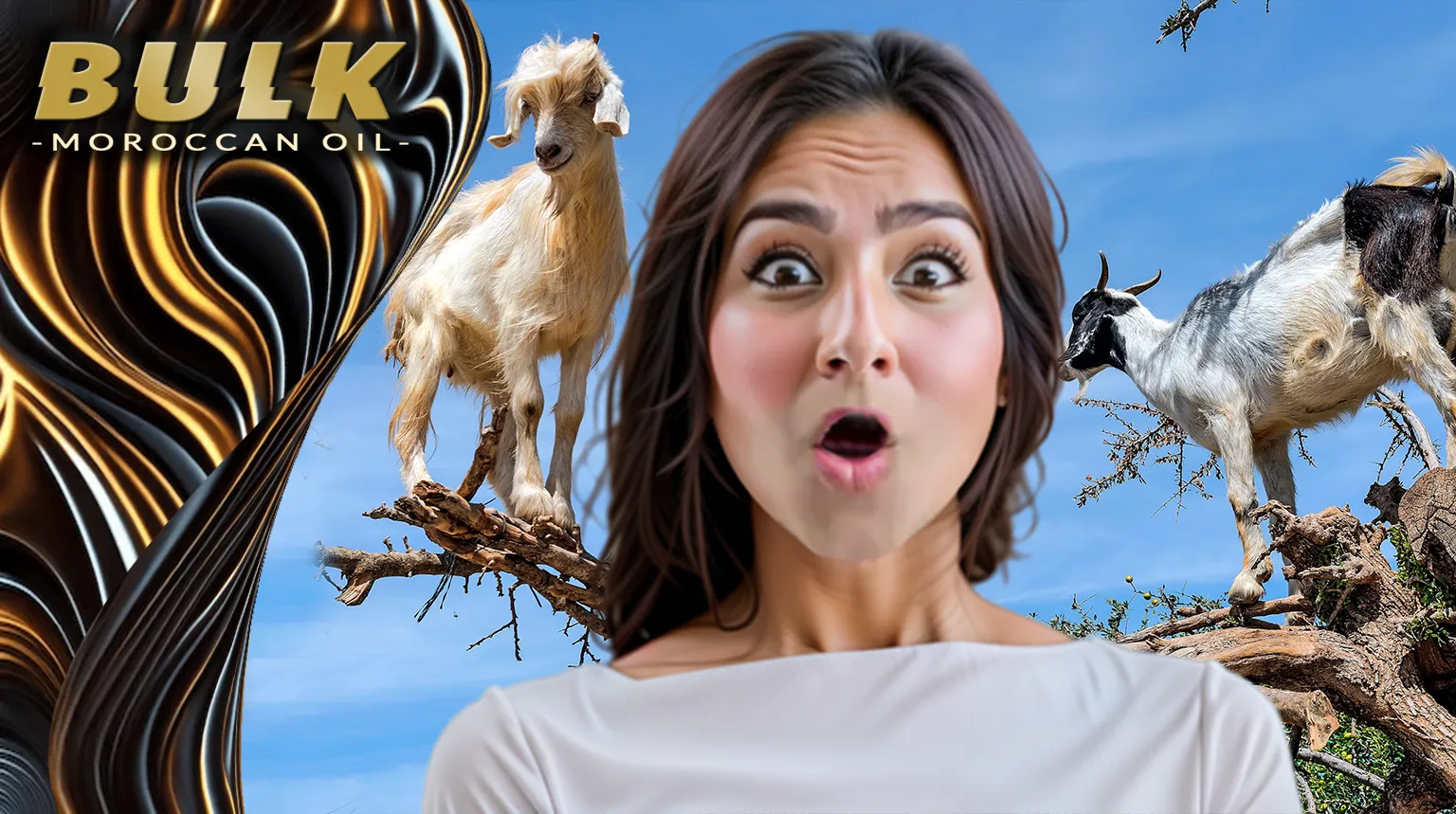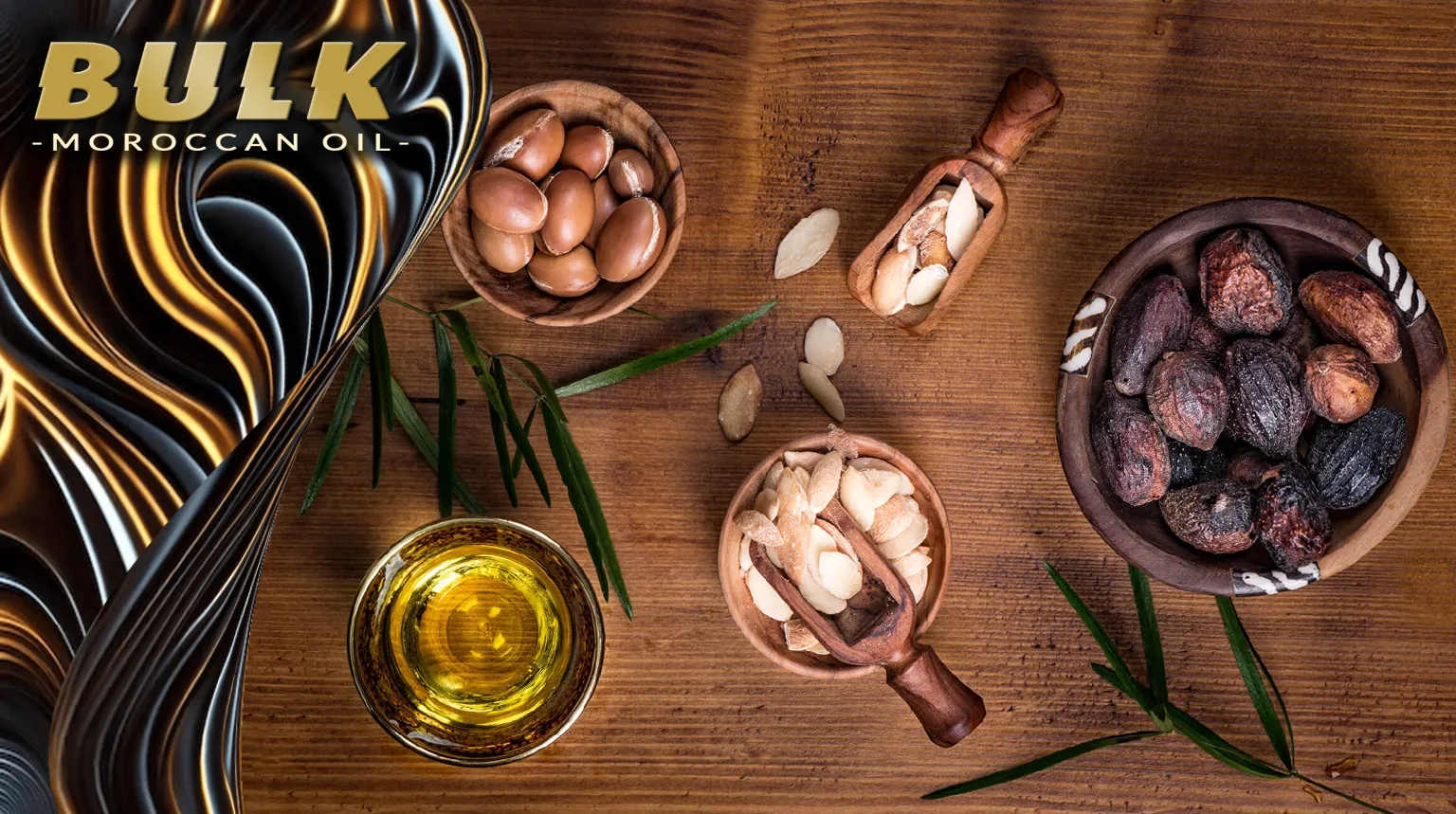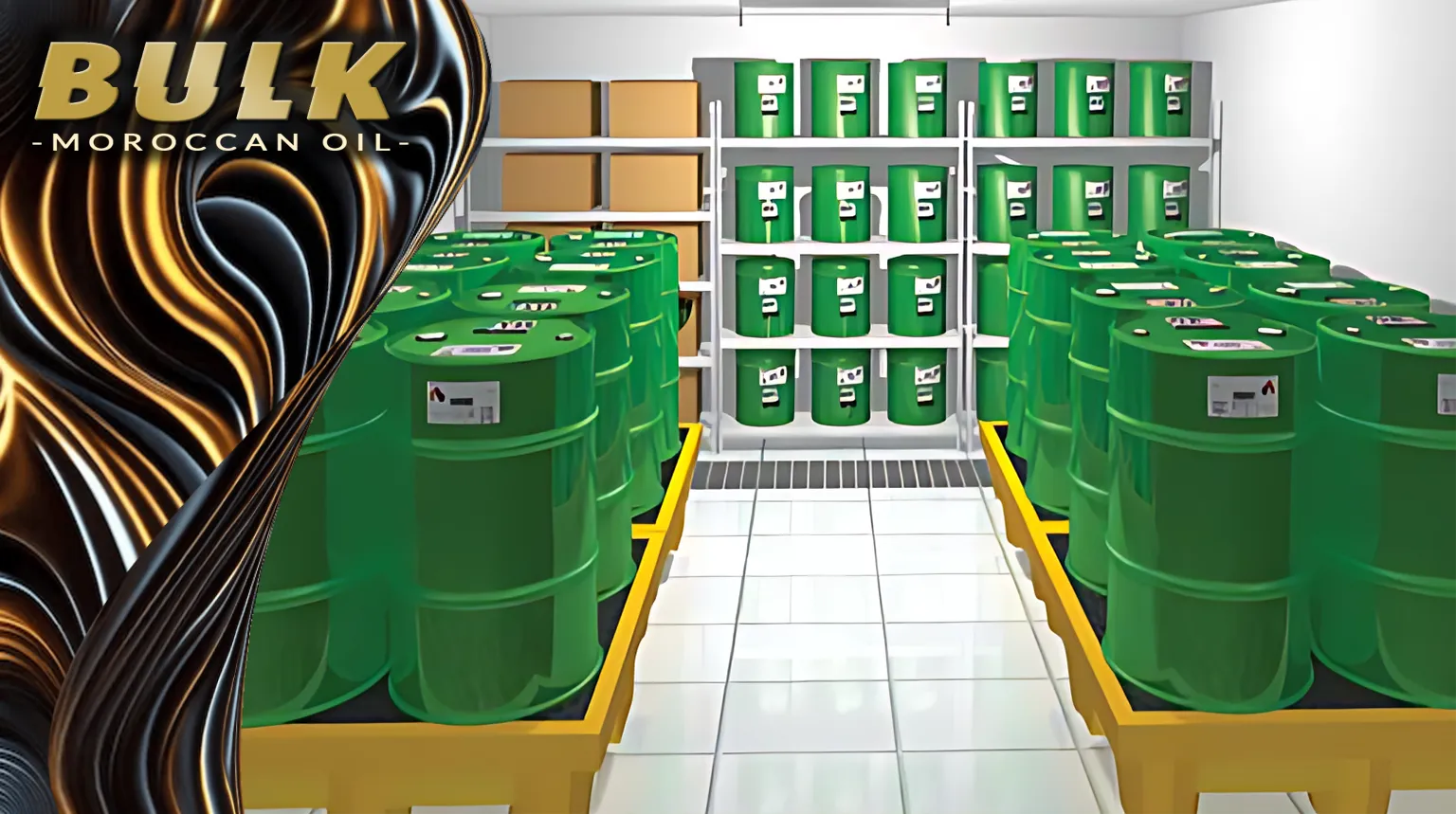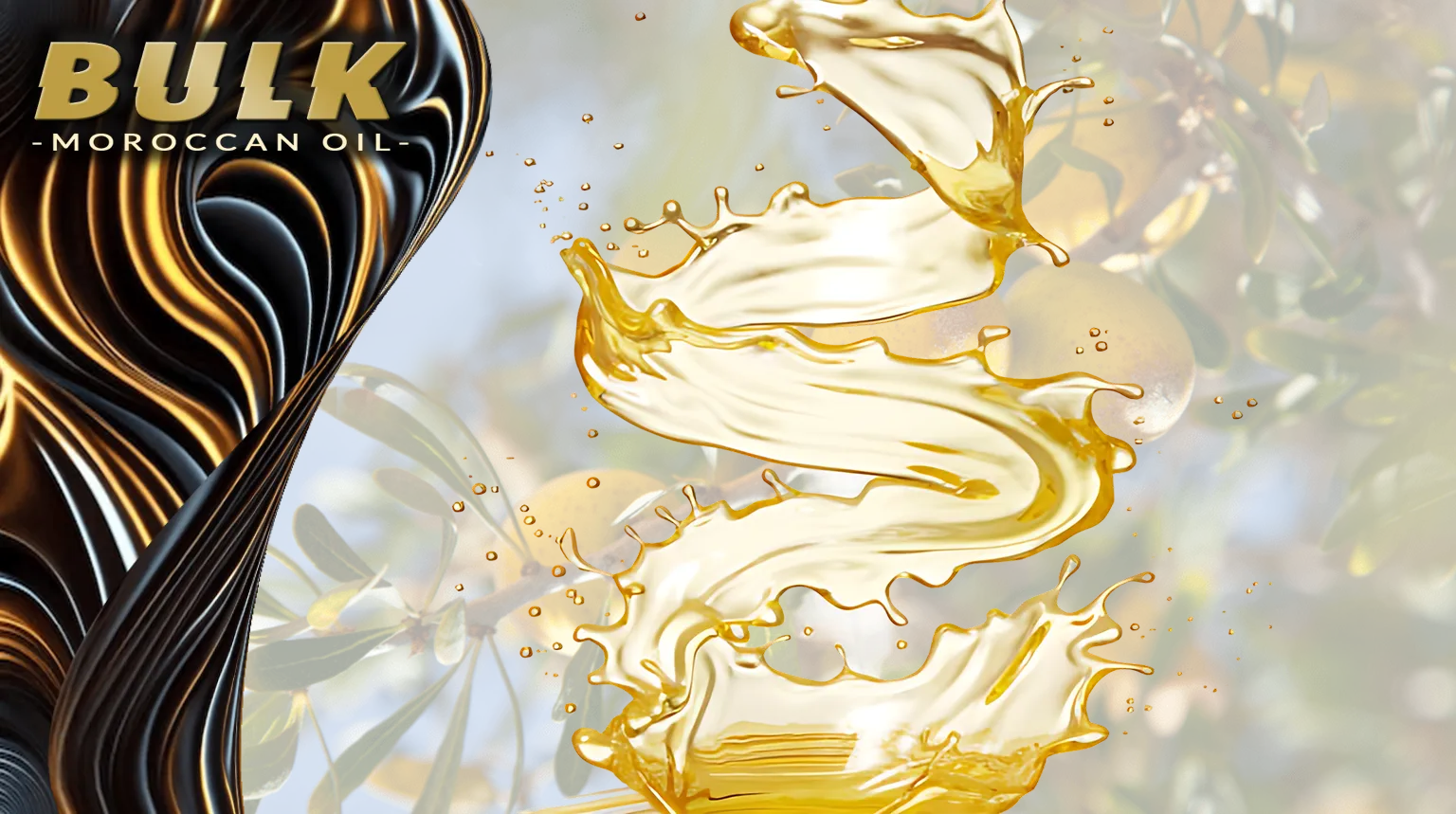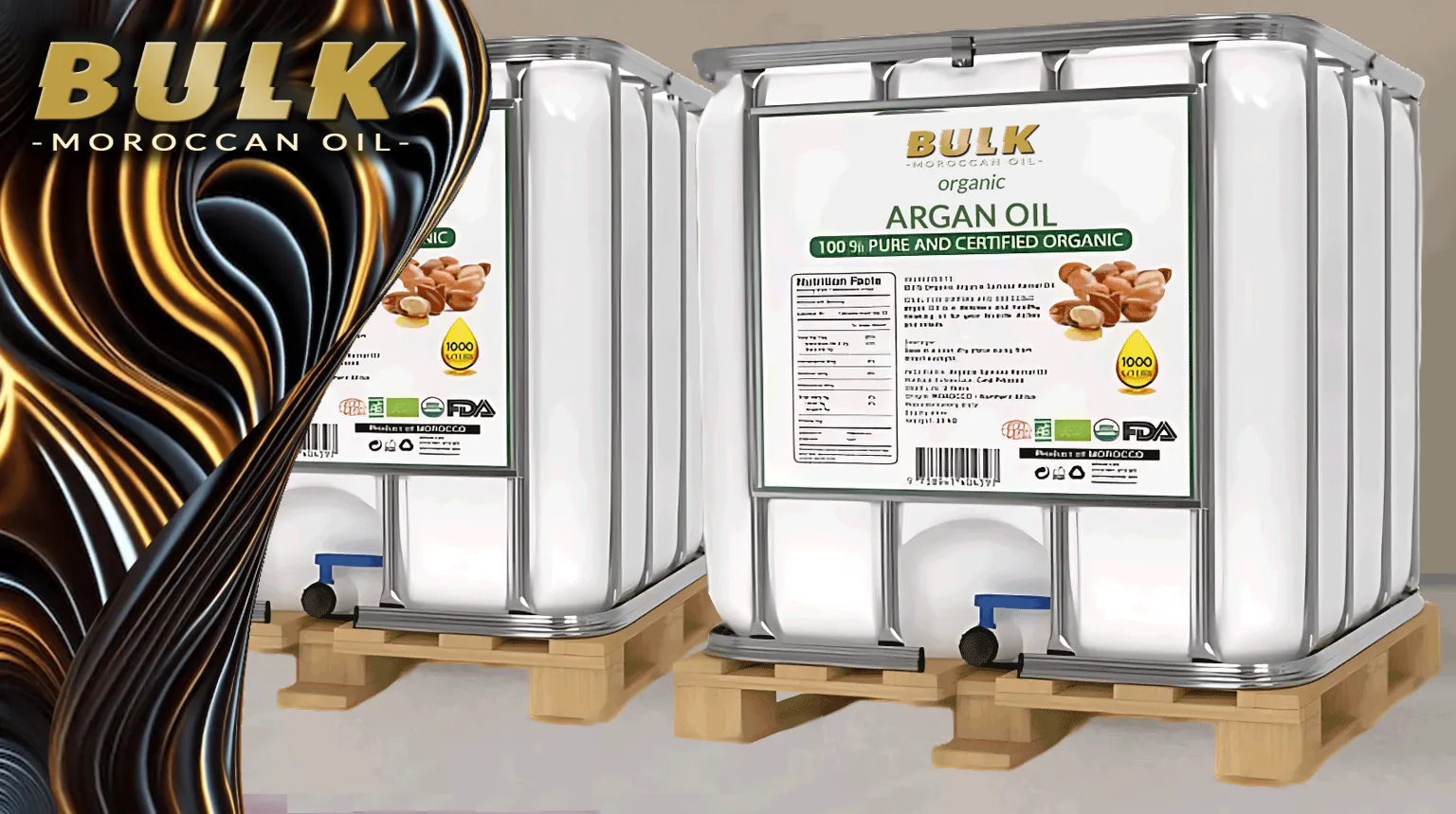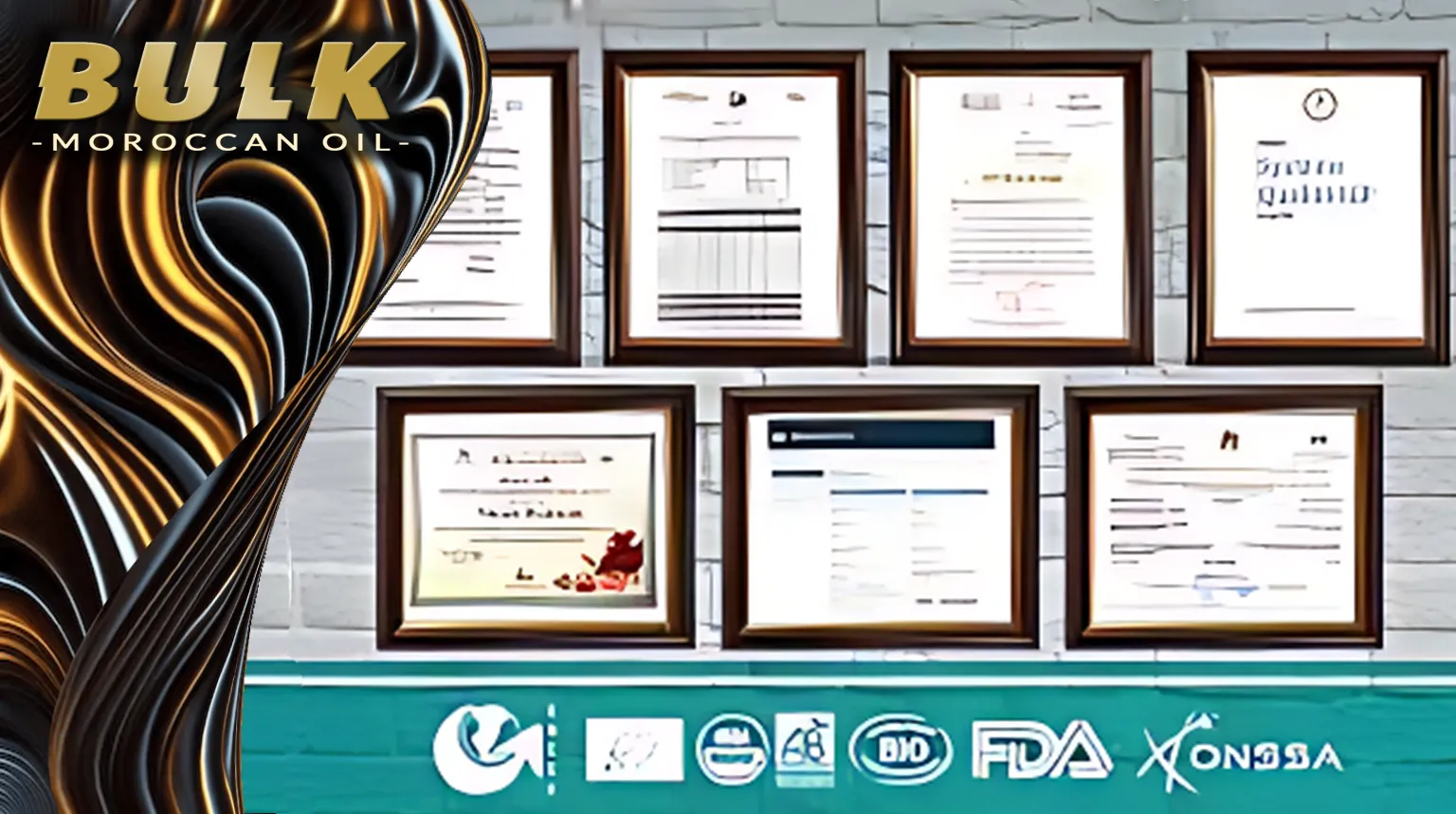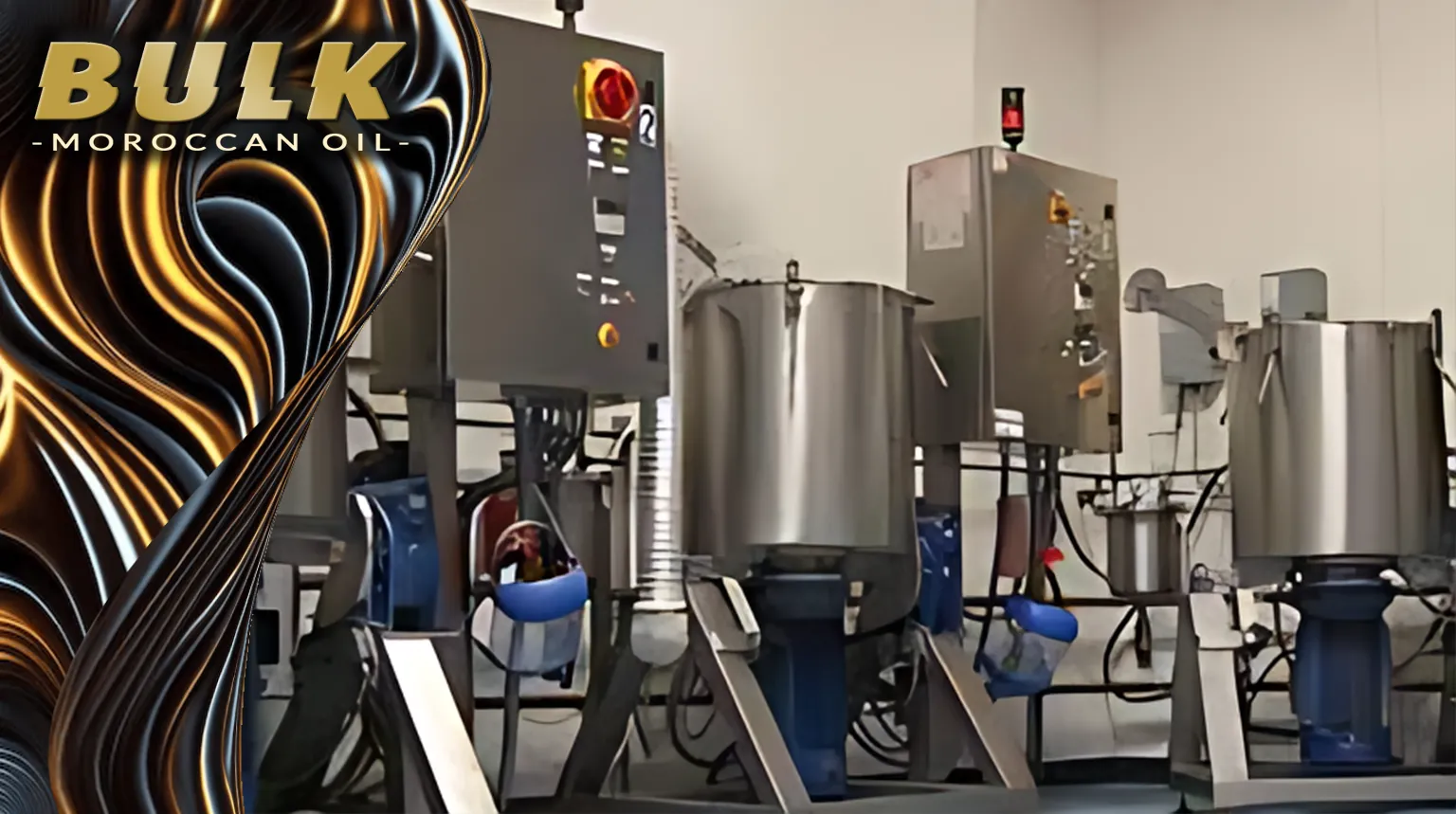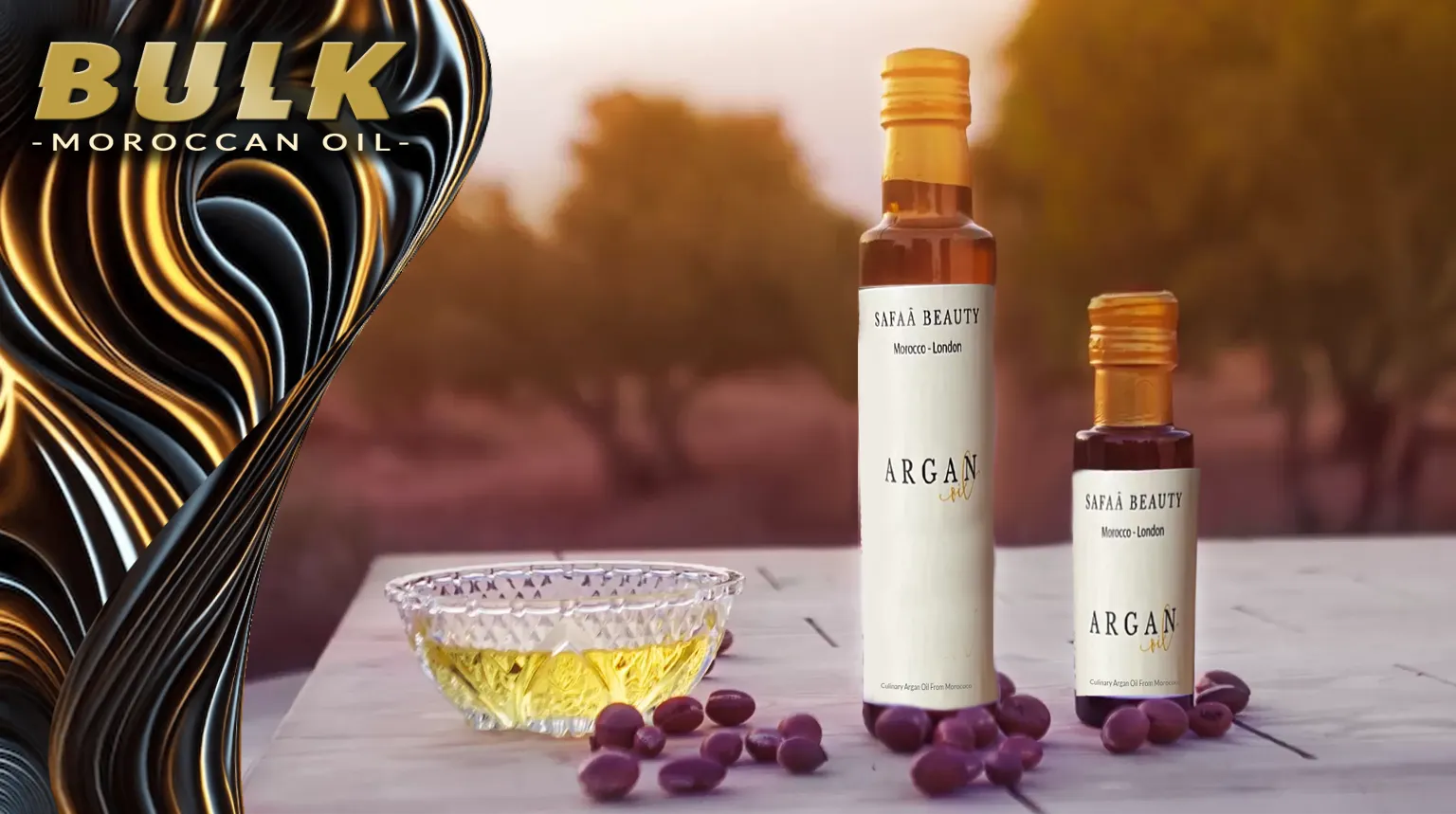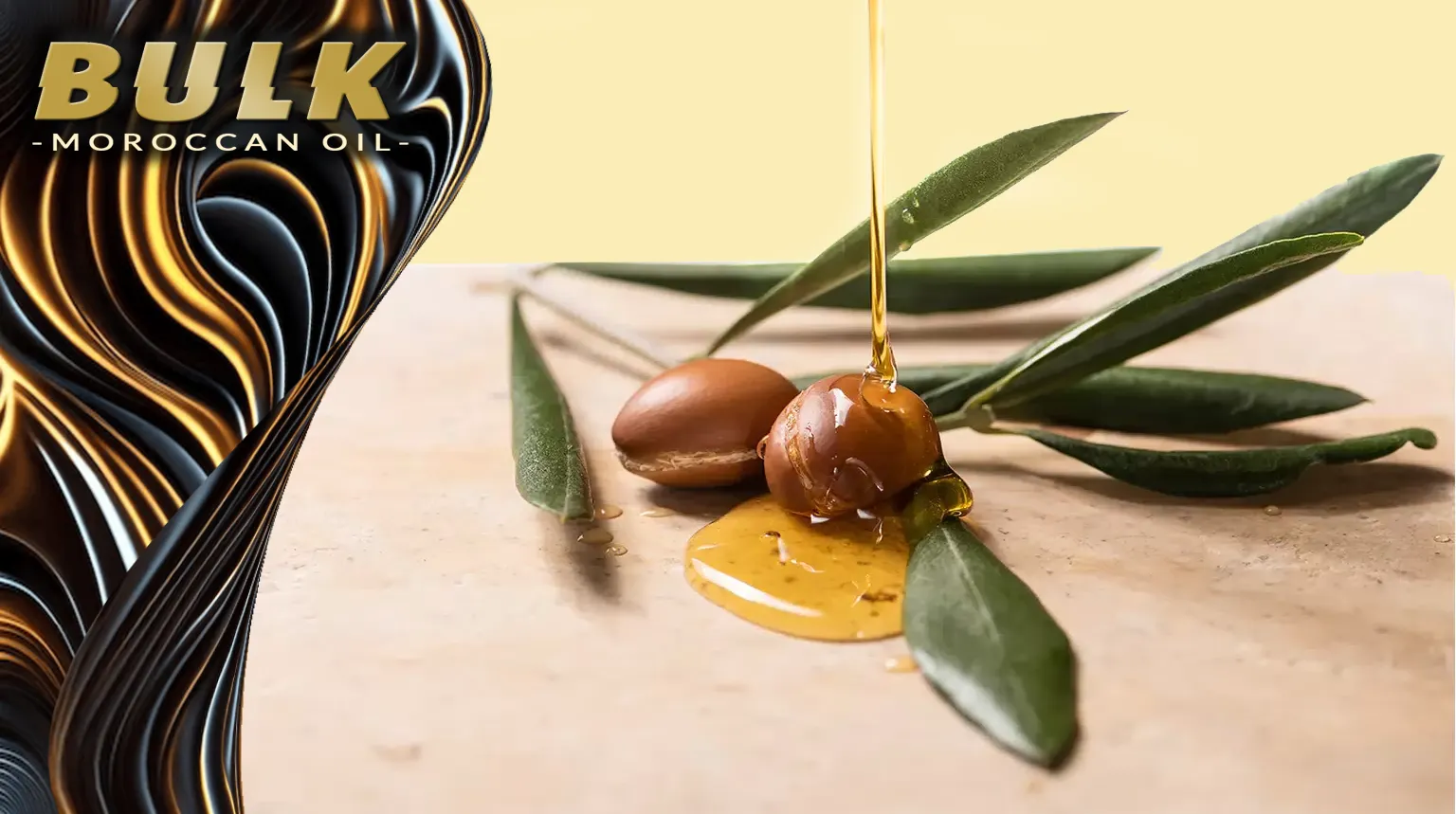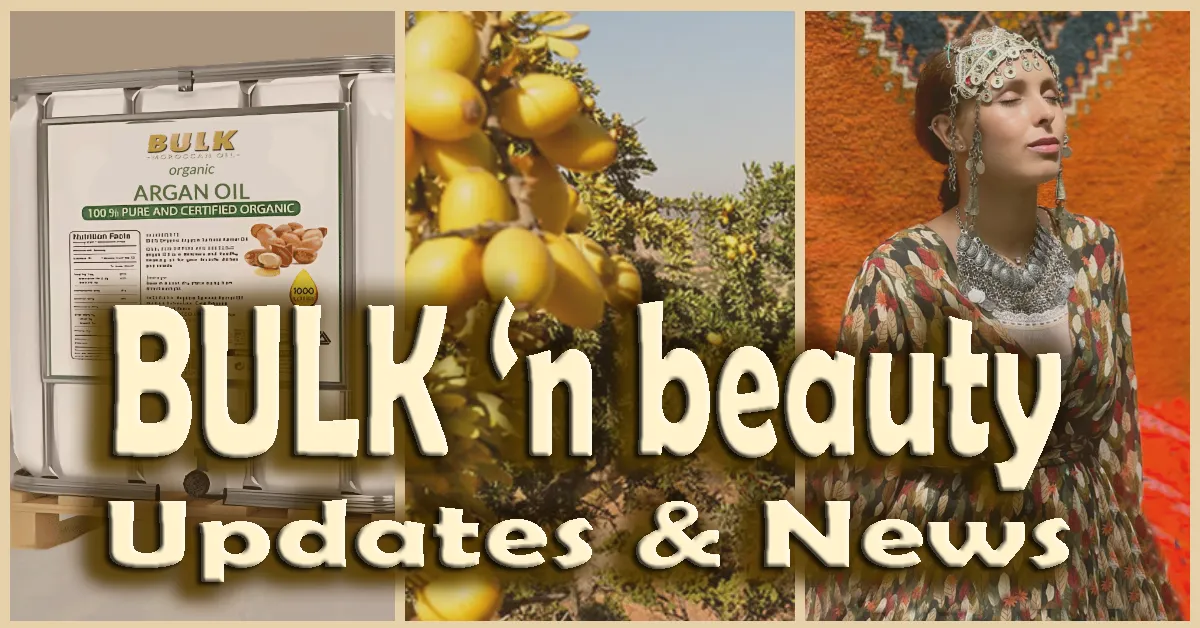Conforming to the Laws and Ethics: Wholesale Certification and Compliance in Moroccan Argan Oil Export
Argan oil, a gold-standard ingredient in the cosmetic industry, has an allure that transcends borders. Extracted from the kernels of Argania Spinosa - a tree indigenous to Morocco - it offers many benefits for skin, hair, and overall wellness. However, as a supplier, it's crucial to understand the legal and ethical frameworks governing its wholesale trade before immersing yourself in the Argan oil supply chain. This post will dissect various aspects of legal compliance, certification, and ethics that suppliers must respect when exporting Moroccan Argan oil to international markets.
Content
- Understanding the Requirements: What Laws Must Argan Oil Comply With to Be Allowed on The European Market?
- Argan Oil Vs. The World: What Competition Do You Face on The European Market?
- The Power of Certification: How Can Labelling and Certification Boost Your Market Presence?
- The Ethical Side of Argan Oil: How Does Fair Trade Certification Affect the Supply Chain?
- A Deep Dive into Certification: What Does the Certification Process Entail?
- Navigating the Market: Which Channels Can You Get Your Argan Oil Certified Through?
- Keeping It Fair: How Can You Ensure Compliance with Fair Trade Laws and Regulations?
- The Cost of Non-Compliance: What Are the Consequences of Failing to Meet Certification Standards?
- The Future of Argan Oil Trade: How Is the Legal and Ethical Framework Expected to Evolve?
- The Journey from Morocco to the World: A Complete Argan Oil Supply Chain Breakdown.
This blog is brought to you by BULK Moroccan Oil; Argan Oil Wholesale, your supplier for bulk Argan oil products.
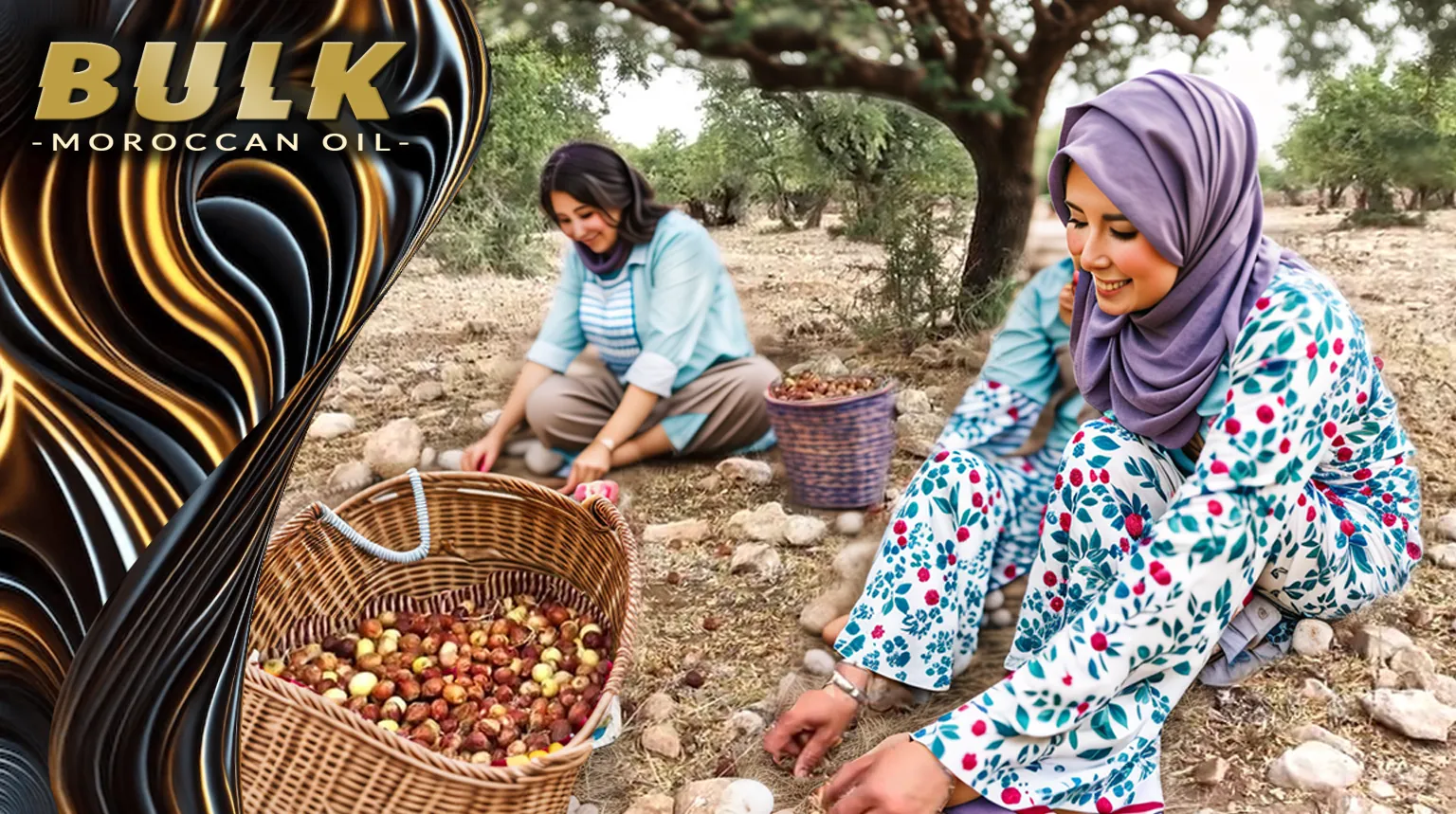
Understanding the Requirements: What Laws Must Argan Oil Comply With to Be Allowed on The European Market?
For an Argan oil supplier to penetrate the European market, it's crucial to understand and comply with the legal framework that governs cosmetic product imports. First in line is the Cosmetics Regulation (EC) No 1223/2009, which oversees cosmetic products' composition, labeling, and packaging. Suppliers should guarantee that their products meet these regulations before exporting to Europe. Additionally, to show compliance, suppliers must enlist the help of a qualified professional who can assess and validate the product's safety.
In international trade, the Convention on International Trade in Endangered Species (CITES) is critical in preserving endangered species of wild fauna and flora and promoting social and environmental sustainability. Our recent study on buyer requirements reveals that European consumers prefer using sustainable products, honoring traditional knowledge and genetic resources.
Argan Oil Vs. The World: What Competition Do You Face on The European Market?
Despite its unique fatty acid profile and powerful cosmetic benefits, Argan oil faces stiff competition from other oils like shea and palm oil. Argan oil suppliers must actively demonstrate their product's distinctive benefits, highlight its quality, and ensure compliance with international standards to stand out in the saturated European market.
As global brands increasingly lean toward environmental conservation and compliance with standards, good manufacturing practices have become more important. This trend offers opportunities but threatens exporters from developing countries seeking market access. To differentiate their products and stand out in the market, they need to align their business practices with the principles of fair trade certification, guaranteeing the quality and quantity of their products.
The Power of Certification: How Can Labelling and Certification Boost Your Market Presence?
In a world increasingly seeking transparency and sustainability, certifications have become potent tools for differentiation. They are symbols of commitment to quality, ethical sourcing, and social and environmental sustainability. European consumers often seek certifications such as COSMOS, ECOCERT, or ISO standards and can significantly elevate the appeal of your Argan oil brand.
In the cosmetic industry, particularly in skin and hair care, using ingredients derived from endangered species can be controversial. Hence, due to such concerns, the industry is regulating the use of these ingredients worldwide. This move has led to a surge in demand for body care products that align with these standards, emphasizing environmental conservation law and compliance.
The Ethical Side of Argan Oil: How Does Fair Trade Certification Affect the Supply Chain?
Upholding Fair Trade Certification is an emblem of social responsibility—it guarantees ethical labor conditions, fair employment practices, working conditions, and balanced trading agreements in the international trade of the Argan oil supply chain. This certification can significantly bolster the international reputation of your Argan oil business, refine its sustainability value chain, and ensure its acceptability among global consumers who put a premium on ethically sourced products. This is especially pertinent for developing countries striving for honest business practices in the international trade of essential oils; it matters not only for the quality and preservation of the product and nature but also for equitable remuneration for the workers involved.
Another ethical dimension is the rejection of animal testing. This, too, should be internationally regulated, compelling suppliers to opt for preservative-free, sustainable methods. Consumers, particularly those purchasing high-end care products, not only look at the quality of the product but also seek reassurance that their chosen products are free from preservatives, environmentally friendly, and cause no harm to animals or nature. Such an agreement fosters customer trust and ensures that top-tier cosmetic products are synonymous with sustainable and ethical sourcing.
A Deep Dive into Certification: What Does the Certification Process Entail?
Certification typically involves third-party validation of Argan oil's quality, authenticity, and ethical sourcing. It can span several stages—from verifying the raw material source to checking production processes and operational practices such as labour conditions, ingredient traceability, and environmental impact.
Navigating the Market: Which Channels Can You Get Your Argan Oil Certified Through?
There are several independent certification bodies globally that can certify your Argan oil. Engaging an intermediary who understands the certification landscape can help you streamline the certification process, ensure compliance with norms, and expedite market access.
Keeping It Fair: How Can You Ensure Compliance with Fair Trade Laws and Regulations?
Every Argan oil supply chain stage should respect local regulations and international labor laws, from sourcing raw materials to exporting the final product. This routinely involves conducting due diligence, adhering to a strict code of conduct, and fostering a culture of corporate social responsibility.
To keep up with these changing trends, brands want to develop product lines that resonate with these values. Exporters from developing countries, therefore, need to find potential buyers who share these values and are willing to invest in sustainable and ethically sourced products. Such commitment not only contributes to protecting our planet's biodiversity but also enhances the brand's reputation, thus making a positive impact on its market position.
The Cost of Non-Compliance: What Are the Consequences of Failing to Meet Certification Standards?
Non-compliance with certification standards can harm your business reputation, result in market access restrictions, and, in severe cases, legal ramifications. Therefore, monitoring and auditing your operations is essential to ensure ongoing compliance regularly.
The Future of Argan Oil Trade: How Is the Legal and Ethical Framework Expected to Evolve?
Regulatory bodies are intensifying their focus on sustainable sourcing and ethical trade practices. Suppliers must stay up-to-date with the evolving regulatory landscape and proactively adopt sustainable and ethical trade practices to remain competitive in the global market.
The Journey from Morocco to the World: A Complete Argan Oil Supply Chain Breakdown.
The Argan oil supply chain is a complex network of operations—from the Argan tree in Morocco to the end consumer worldwide. Transparency and traceability in the supply chain are critical to ensure the quality and quantity of Argan oil and its compliance with international standards.
To Sum Up:
- Ensure compliance with local and international laws governing Argan oil export.
- Understand the competition in the European market and position your product strategically.
- Seek relevant certifications to differentiate your product and enhance your market presence.
- Uphold Fair Trade principles and ensure equitable, ethical business practices.
- Regularly audit and monitor your operations to ensure ongoing compliance.
- Stay up-to-date with the Argan oil trade's evolving regulatory and ethical landscape.
- Prioritize transparency and traceability in your Argan oil supply chain.
Compliance with legal and ethical standards is not merely a responsibility—it's an opportunity to foster trust, build a reputable brand, and drive sustainable growth.
Hashtags
ArganOil #Cosmetics #SupplyChain #MoroccanArganOil #Certification #CosmeticIndustry #ArganiaSpinosa #EthicalSourcing #FairTrade #LegalCompliance #EuropeanMarket #Transparency #SustainableSourcing #CosmeticExport #BeautyIndustry
Referrals:
- "Your Questions Answered" | The Jedwards Blog
- "Quarterly Questions for October - December 2017" | GOV.UK
- "2021 National Trade Estimate Report on Foreign Trade Barriers" | Office of the United States Trade Representative
- "Doing Business in Morocco: Overview" | Practical Law
- "Vivo Energy Annual Report and Accounts 2022" | Vivo Energy
- "2023 National Trade Estimate Report" | Office of the United States Trade Representative
- "Orange Integrated Annual Report 2021" | Orange
- "Court liquidates Moroccan oil refiner Samir" | Reuters
FREQUENTLY ASKED QUESTIONS (FAQ)
Q: What is Moroccan Argan Oil Export?
A: Moroccan Argan Oil Export refers to exporting Argan oil, derived from the seeds of the Argania Spinosa tree in Morocco, to various countries for use in cosmetic products.
Q: How is Moroccan Argan Oil sustainably sourced?
A: Moroccan Argan Oil is sustainably sourced by ensuring that the harvesting and production processes do not harm the environment or the local communities and by preserving the genetic resources and traditional knowledge associated with the Argan tree.
Q: Why is organic certification important for Argan oil used in cosmetic products?
A: Organic certification ensures that the Argan oil used in cosmetic products is free from harmful chemicals and pesticides, making it suitable for use in organic cosmetics and skincare products.
Q: How does Moroccan Argan Oil fit into global supply chains?
A: Moroccan Argan Oil is integrated into global supply chains by being exported to various countries where it is used as a key ingredient in skincare products and cosmetics.
Q: What are the benefits of using certified organic Argan oil in skincare products?
A: Using certified organic Argan oil in skincare products ensures that the products meet high-quality standards, are environmentally friendly, and provide nourishing benefits to the skin due to their unique fatty acid composition.
Q: How can buyers ensure they are purchasing ethically sourced Moroccan Argan Oil?
A: Buyers can ensure they are purchasing ethically sourced Moroccan Argan Oil by buying directly from certified organic producers who adhere to ethical standards in the extraction and production processes.
Q: What are some trends in the European market regarding Argan oil in cosmetic products?
A: Trends in the European market show that brands are increasingly using Argan oil in their skincare and cosmetic products due to its beneficial properties and the growing demand for natural ingredients.

